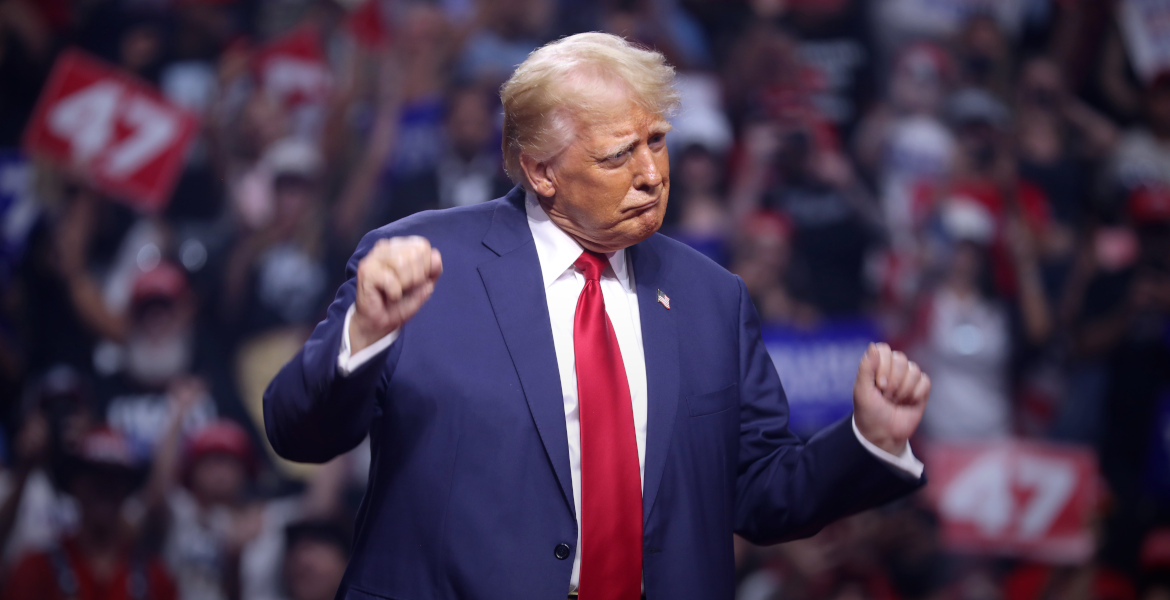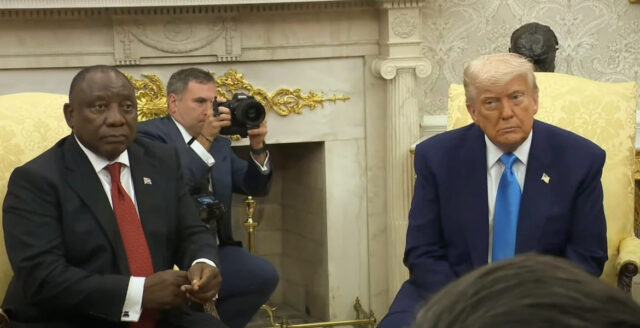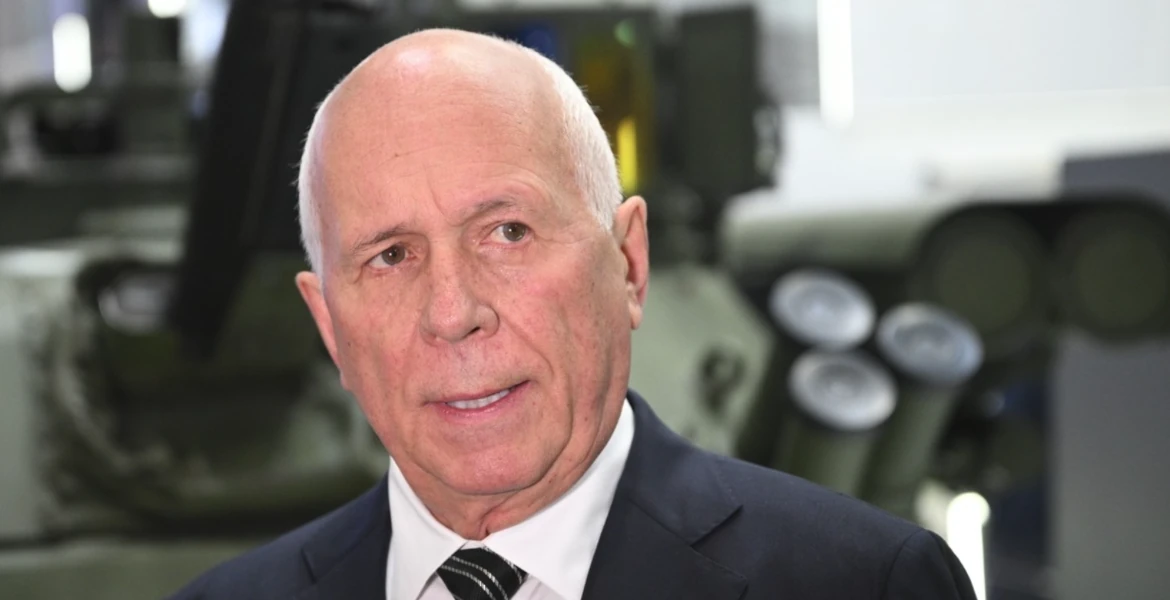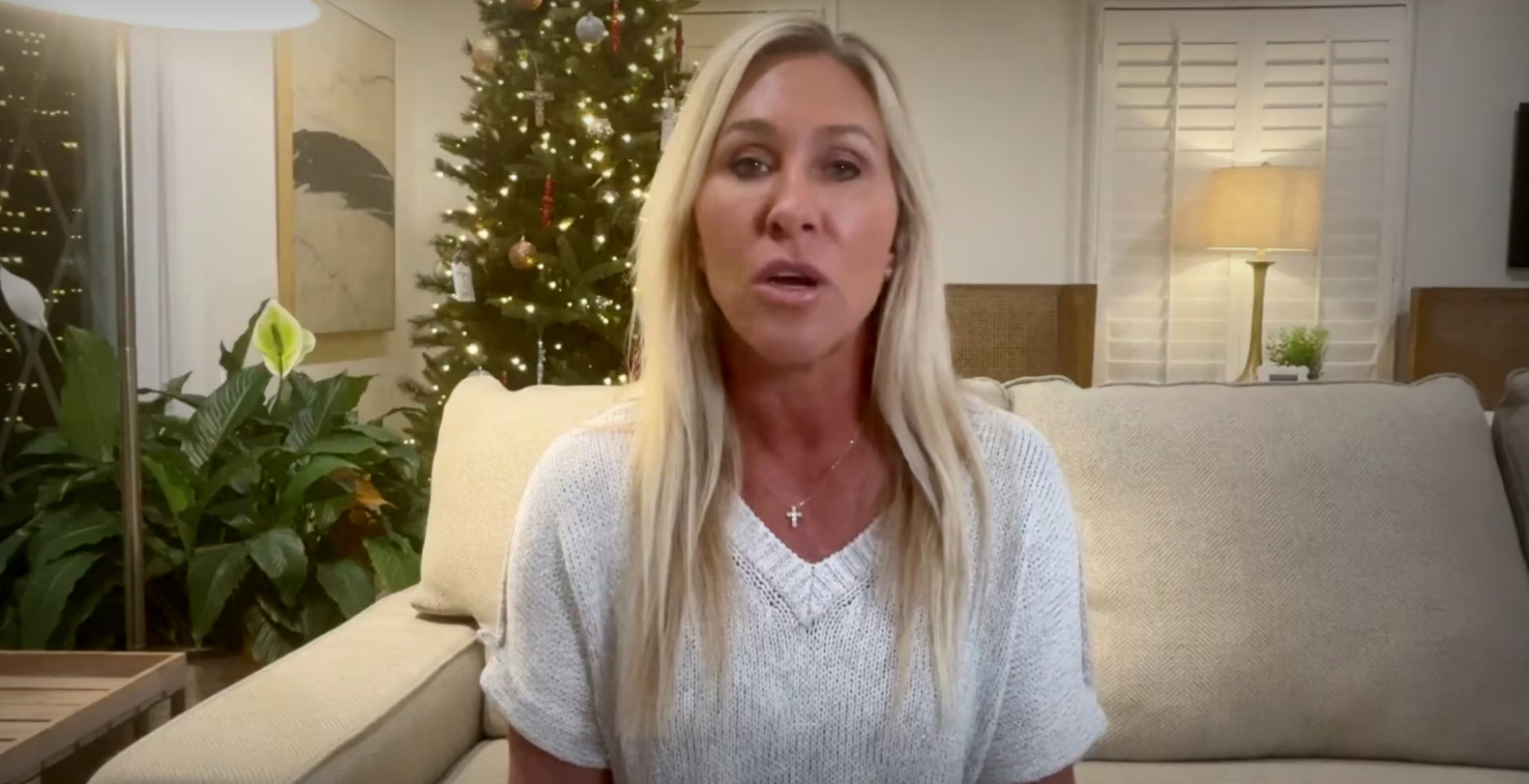A 26-year-old man was arrested on Monday on suspicion of murdering Brian Thompson, CEO of US healthcare and insurance giant UnitedHealthcare. The motive is still unclear, but police suspect it may be linked to a hatred of American corporations.
It was on Wednesday evening last week that Thompson was shot in the street outside a hotel, where the company had organized an event. The incident was caught on surveillance cameras and shows that the gunman was probably waiting for Thompson. Police suspect that the attack was targeted and planned. Images of the suspected perpetrator were released to the public.
On Monday, an employee of McDonald's in Altoona, Pennsylvania, about 40 miles from New York where the murder took place, called and recognized the man from the photos. When police arrived at the scene, the man was sitting at a table with a laptop and wearing a medical mask over his face; when he was asked to remove the mask, they immediately identified him from the surveillance footage.
When police searched him, he had a 3D-printed gun on him consistent with the weapon used in the murder, CNN reports.
Former Ivy League student
The man has been identified as 26-year-old Luigi Mangione from Maryland. He graduated from the Ivy League university of Pennsylvania in 2020 with a master's and bachelor's degree in computer science and a minor in mathematics. Mangione has no prior criminal record.
The motive is yet to be determined, but the man had a handwritten document on him that hints at his motive and indicates he acted alone. The document does not mention Thompson by name, but describes the company as one of the largest in the US by market capitalization and includes the phrase “parasites had it coming”.
– It does seem that he had some ill will toward corporate America, police told ABC.
The 26-year-old has been charged with Thompson's murder by the New York Police Department. He has also been charged with carrying a firearm without a license, forgery, false identity and possession of "instruments of crime" in Pennsylvania.
Facts: UnitedHealthcare
- Founded: 1977
- Headquarters: Minnetonka, Minnesota, USA
- Business: Largest health insurer in the US, offering health services and insurance
- Market capitalization: Approximately $562 Billion (2024).
- Owner: Subsidiary of UnitedHealth Group, one of the world's largest health companies.
- Employees: Over 400 000 globally.





